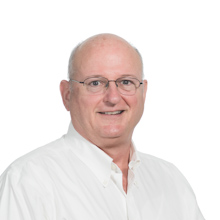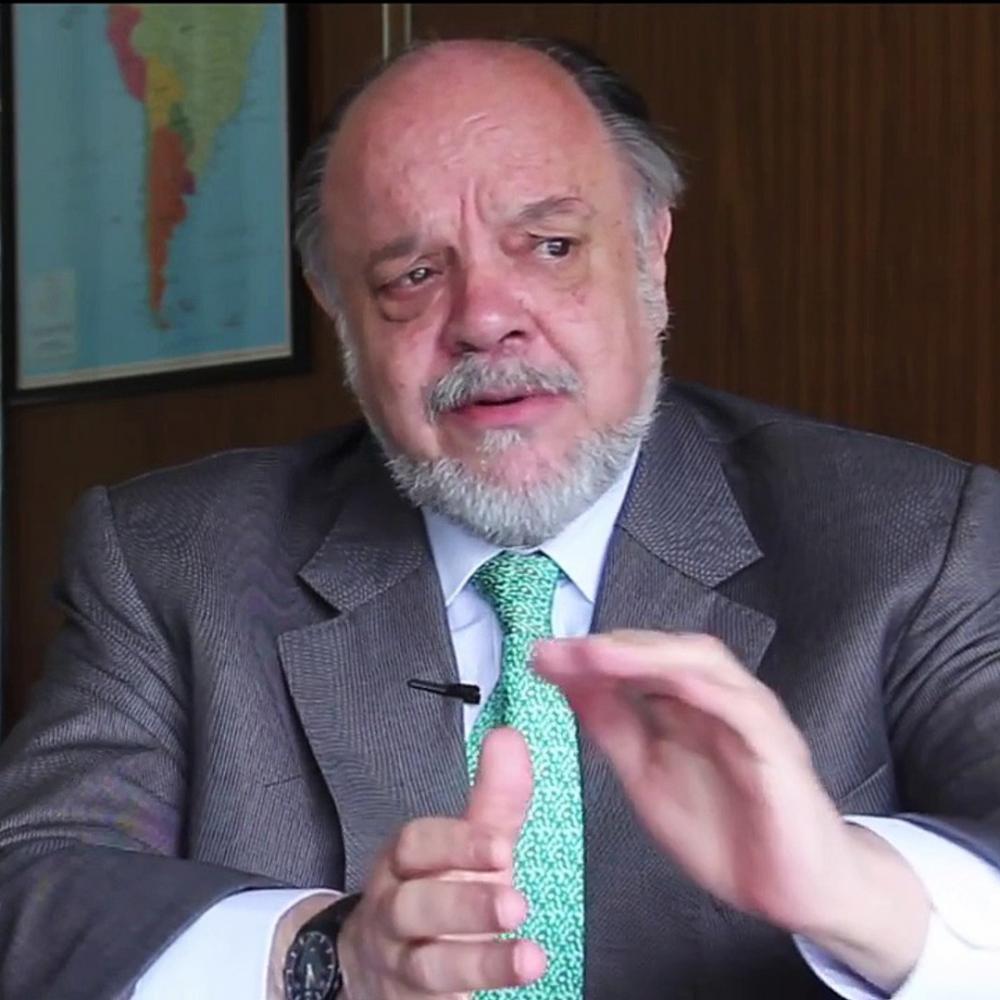Current Food Insecurity Reality in the Americas
Descrição
The Americas can be seen as one of the world’s leading breadbaskets, in grains, coffee, livestock, produce and many other sectors. Yet food insecurity is present in all member states. Vulnerable populations are affected everywhere and it is more acute during natural hazards, health crises, chronic food waste or civil strife. But it is not solely an issue of national food availability and trade. Millions of people remain undernourished, with large differences between countries and within the countries themselves. This is often due to impoverishment: economic access is a major factor deciding food insecurity. It is in most regions an income problem, though physical and cultural access also play a role. How we feed ourselves also determines our well-being. Several regions suffer from multiple health issues from malnutrition to obesity. Food literacy is paramount as is the role of food labeling and dietary education. However, the whole system can easily be under threat from unexpected shocks like COVID-19 but also chronic long-term threats like climate change. This IICA dialogue series with universities across the Americas will debate these issues as they focus on the continent’s future food security, be it issues of food quality, safety, affordability, health, sustainability, resiliency, policy, technology, and acting climate smart.
Cronograma
| Fecha - Hora | Actividad | Expositores |
|---|---|---|
| Tuesday 17 - 9:00 a.m. (Costa Rica) | Opening and Remarks (Introductions) Launching video by Dr. Manuel Otero, IICA’s Director General | Dr. Jean-Charles Le Vallee, Representative, IICA Canada |
| Introduction of the moderator and speakers | Moderator Dr. Cassio Luiselli, research associate of the Universidad Autonoma de Mexico, Mexico | |
| Initial Statement of the speakers | Dr. Thomas Reardon, Professor of Agricultural, Food, and Resource Economics, Michigan State University and Mr. Eduardo Dante Bianchi, Proffessor and Researcher, Instituto Universitario Escuela Argentina de Negocios | |
| Dialogue and debate | Moderator Dr. Cassio Luiselli, research associate of the Universidad Autonoma de Mexico, Mexico | |
| Closing remarks | ||
| Announcements and invitation for the next session | Dr. Jean-Charles Le Vallee, Representative, IICA Canada |
Expositores

Dr. Thomas Reardon
Tom Reardon is a Professor in the Tenure System. He holds masters degrees from the Université de Nice and from Columbia University. He got his Ph.D. from the University of California at Berkeley in 1984. From 1984-1986 he was Rockefeller Post-Doctoral Fellow with IFPRI posted to Burkina Faso with the University of Ouagadougou and ICRISAT. Tom was Research Fellow at the International Food Policy Research Institute, Washington DC 1986-1991. He joined MSU in 1992.
Tom’s research focus is on the links between international development and agribusiness/food industry. He researches the transformation of agrifood value chains including the supermarket revolution, the Quiet Revolution in SMEs in the Hidden Middle including processing firms, wholesale and logistics, and the emergence upstream of farm outsource support services. Tom studies the effects of these changes on farmer incomes, technology, and rural employment, and business implementation of innovations via design of supply chains. He has researched value chains in Africa, Asia, and Latin America covering horticulture, fish, dairy, poultry, and grains. He has studied rural nonfarm employment and youth employment and their links to food systems and agricultural technology adoption. Tom’s recent and ongoing research is on value chains, markets, and linkages with farmers in poultry, fish, horticulture, and grain sectors, outsourced farm services, and food consumption and nutrition in Africa (Senegal, Nigeria, Tanzania), Asia, (Bangladesh, China, India, Myanmar, and Indonesia), and Latin America (Colombia).
Tom has a global reputation for his frontier work on the “supermarket revolution”, on the transformation of developing region food value chains, and on rural nonfarm employment. He was elected in 2014 Fellow of the AAEA, was the first agricultural economist personal invitee to the World Economic Forum in Davos in 2009, and was featured on the front page of the New York Times in 2005. His more than 200 publications have been cited in Google Scholar 31,831 times (with an H index of 82) by March 5, 2020, placing him globally ranked number 3 in agricultural economics, 1 in food value chains, and 1 in Food Policy. He is ranked in the top 2% among 58,000 economists globally followed by REPEC, and in the top 10 globally among agricultural economists in the ISI Web of Science.
Tom has published many articles on structural transformation of agricultural and food markets and global value chains in economics journals (e.g., AJAE, EDCC, Annual Review of Resource Economics, Journal of Economic Geography, Food Policy, and others) and general journals (e.g., Science, Proceedings of the National Academy of Science/PNAS, World Development, Obesity Reviews, and JDS). His 2003 AJAE article on supermarkets in developing countries was awarded Honorable Mention for Enduring Quality by AAEA in 2019, and is one of the top five cited AJAE articles since 1980.
Tom has spent 21 years with “feet on the ground” in Africa, Asia, and Latin America since taking his Ph.D. 34 years ago at Berkeley. With colleagues Tom has raised more than $30 million in extramural research grants from foundations and government agencies focused on fieldwork in those regions. He has supervised or been on the committees of more than 100 graduate students, many of whom are professors and research economists worldwide.
Tom taught the capstone international agricultural development course in AFRE for 20 years, and now teaches a graduate course, AFRE 841, in Analysis of Food System Organization, and an upper level undergraduate course, ABM/FIM 427, in International Agrifood Markets and Industries. Both are taught in the Fall semester. Tom is also active in advising doctoral and masters students.
Eduardo Bianchi
Economist graduated from the University of Buenos Aires, Argentina, with a master’s degree in economics from the New York University (NYU), United States.
He has performed various public functions in Argentina, being Secretary of Industry and Commerce, Undersecretary of External Trade Policy and Management, Undersecretary of International Economic Relations of the Province of Buenos Aires, General Manager of the National Commission for Foreign Trade and Chief Economist of the National Commission of the Defense of Competition. He has been an instructor for the World Trade Organization and a professor in several Argentinean Universities.
He is currently a professor and researcher at the Instituto Universitario Escuela Argentina de Negocios, a researcher for the Group of Southern Producing Countries (GPS) and a consultant for international organizations (FAO, IDB, IICA, WTO).
He is also a professor in the Master of Commerce and International Negotiations at the National University of Quilmes, teaching the subjects: Local Production, Competitiveness and International Insertion and the Seminar on Strategy and Public Intelligence in the Administration of International Trade.

CASSIO LUISELLI FERNANDEZ
Cassio Luiselli is Research Associate of the Universidad Autonoma de Mexico (UNAM) and Professor Emeritus at Mexico 's Monterrey Institute of Technology(Mexico City Campus).He’s also Postgraduate professor at Instituto Mora. Dr. Luiselli was born in Guadalajara, Jalisco. He is an economist from UNAM and received a master's and doctorate degree from the University of Wisconsin, specializing in agricultural economics and international affairs. Subsequently, he obtained a Ph.D. in Geography and Environmental Studies at the University of South Africa. He has extensive experience both in the design and execution of public policies and in diplomacy and international affairs.
He was the Permanent Representative of Mexico to the Latin American Integration Association and Ambassador of Mexico to the Republic of Korea, Uruguay and South Africa, being the first Ambassador of Mexico to the government of Nelson Mandela. He was Undersecretary of Regulations and Environmental Promotion (SEMARNAT), Advisor to the President of the Republic and General Coordinator of the Mexican Food System; At the international level, he was Deputy Director of ECLAC (United Nations) and Deputy Director General of the Inter-American Institute for Cooperation on Agriculture (IICA); He presided over several Mexican delegations abroad, especially on issues of agriculture and food, the environment, and international relations.
He has been a professor at various universities in Mexico and abroad. He was Director of the Department of International Studies at the Tecnológico de Monterrey (Mexico City Campus). Visiting professor at the University of California (San Diego), Wisconsin and Oxford, England. He received the "Leader in Food Policy" award from the Kellogg Foundation, and has been decorated by five countries and has the FAO Medal of Merit.
He is the author and co-author of several books and more than fifty professional articles, such as “Agriculture and Food in Mexico: Evolution, Performance and Outlook” (2017) and “Territories, Cities and Small Producers”(2019).
Mr. Luiselli is member of the Food Security Advisory Council for the Americas, established by the Inter-American Institute for Cooperation on Agriculture (IICA). He also has experience in editorial journalism and belongs to several professional associations.



